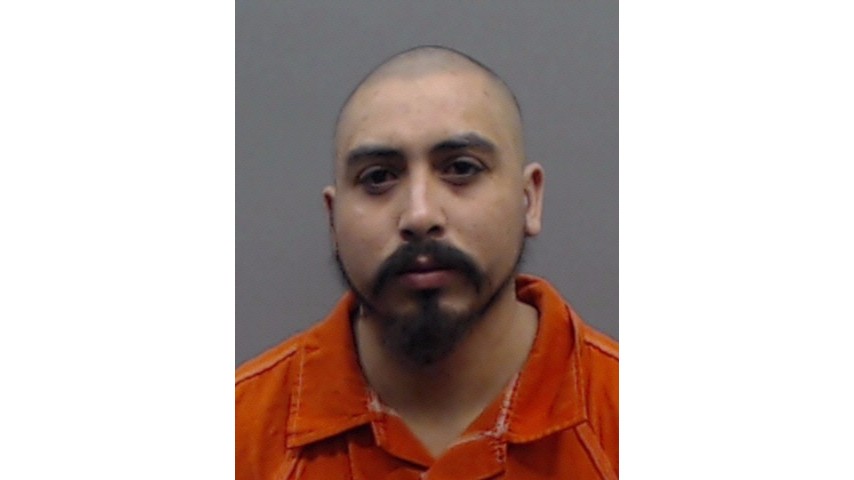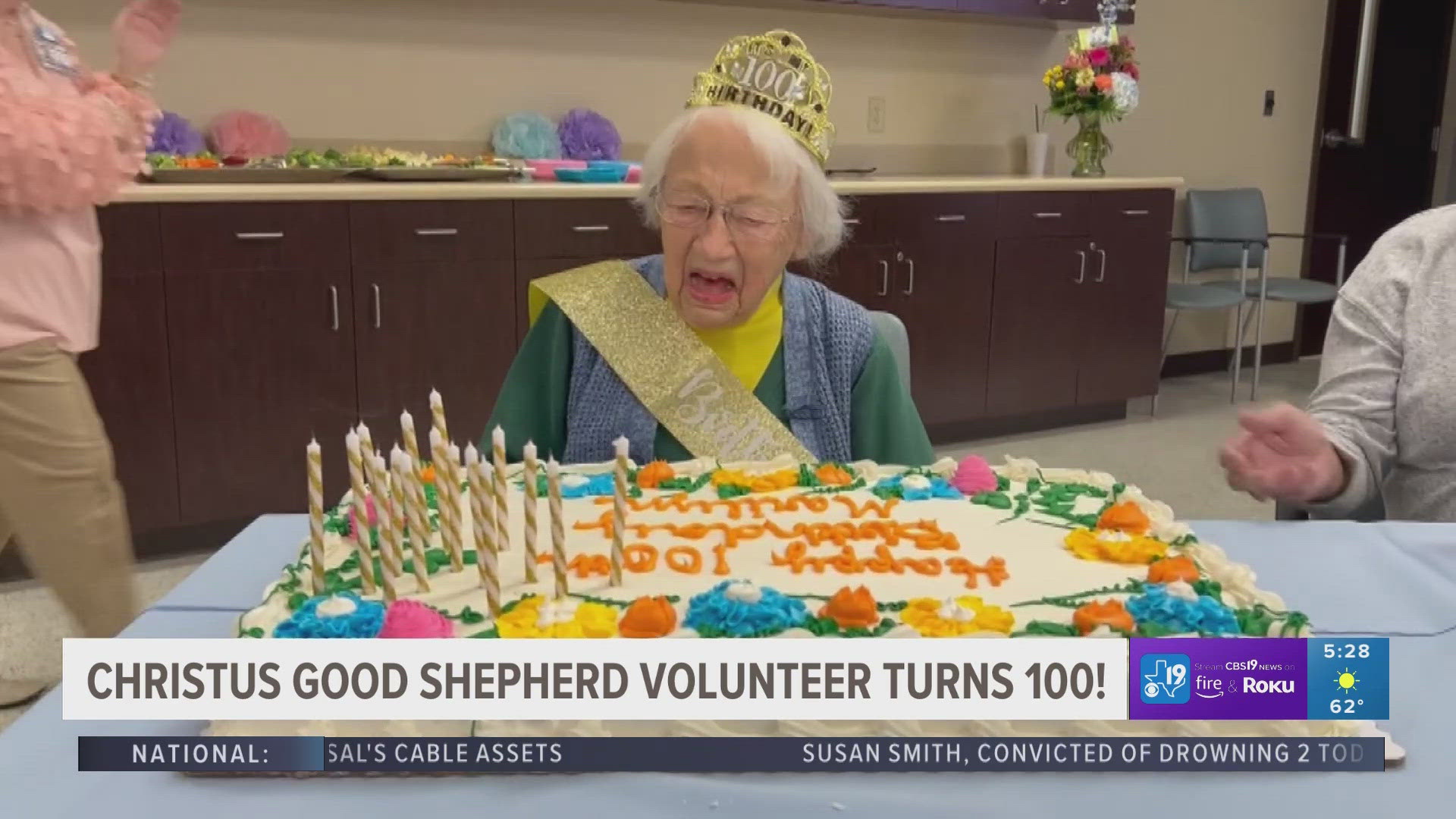If the prosecution wants to seek the death penalty in its case against the man accused of killing 10-year-old Kayla Gomez-Orozco, it must let the court know by Thursday.
Gustavo Zavala-Garcia, 24, is charged with capital murder in Kayla’s death. Kayla’s body was found Nov. 5, four days after she went missing, in a well on the property where Zavala-Garcia lived in the 22100 block of Farm-to-Market Road 2493 (Old Jacksonville Highway) in Bullard.

Zavala-Garcia, who was related to Kayla by marriage, was reportedly among the last people to see her before she went missing from the foyer of Bullard First Assembly on U.S. Highway 69.
In the indictment of Zavala-Garcia, prosecutors contend he attacked Kayla and sexually assaulted or attempted to sexually assault her after her kidnapping.
Prosecutors also contend he struck Kayla with and against a blunt object, asphyxiated her and drowned her.
It is unclear what exactly caused her death, and at the time the indictment was released, Smith County District Attorney Matt Bingham declined to comment citing a restrictive and protective order.
When contacted this week, the DA’s office again declined to comment, citing the order.
Criminal defense attorney Buck Files of Tyler, who is not involved in the case, but has represented 11 defendants in nine capital cases, said a decision to seek the death penalty changes the nature of the case in terms of money and time.
It would cost the county more money, cost the jurors more time and cost the defense counsel in terms of lost income from not being able to work other cases if prosecution seeks the death penalty.
In capital cases, when the prosecution seeks the death penalty, the prosecution and defense are entitled to question potential jurors individually with no other potential jurors present.
Once a jury is selected, the trial itself proceeds as usual for the guilt/innocence phase.
If the defendant is found guilty in a capital murder case in which the prosecution did not seek the death penalty, the defendant is automatically sentenced to life in prison without parole - as long as they were 18 when they committed the crime.
However, if the defendant is found guilty, and the death penalty was sought, the punishment phase begins.
This phase functions as sort of a mini-trial, where the state and defense are allowed to argue for and against the death penalty.
The jury must then answer two or three questions - the number depends on the circumstances in which the defendant was found guilty.
The Texas Code of Criminal Procedures spells out the questions, and how the jury answers the questions determines whether the defendant is sentenced to death or life without parole.
Brian Serr, a professor of law at Baylor Law School, who is not affiliated with this case, said the first thing a prosecution will consider when determining whether to seek the death penalty is, “Can we squarely put this person within one of the definitions of capital murder?”
The only capital offense in Texas is capital murder and the state’s penal code outlines nine definitions of it.
These include, among other definitions, murdering a known peace officer or fireman who is acting lawfully in their official capacity and committing murder in the course of committing or attempting to commit certain other crimes including kidnapping, burglary, robbery or aggravated sexual assault.
Apart from considering if the crime fits the definition, there are several factors a district attorney might consider when deciding whether or not to seek the death penalty.
Files said every district attorney is different. Some DAs are concerned about the amount of money they would have to spend in a capital case.
However, he said, the DA’s office in Tyler has never had to be concerned with that.
“The Commissioner’s Court in Smith County has never complained about the funding of a capital murder case,” said Files, who worked in the DA’s office for several years before going into private practice. “Smith County is a very law-and-order county and the commissioners who hold the purse strings have never been concerned about appropriate prosecution.”
Following Thursday’s deadline, the next significant date is April 27, when a pre-trial hearing is scheduled. That is the first of seven pre-trial hearings scheduled through September.
During these hearings, the court could consider any motions filed by the prosecution or defense.
These could include motions to exclude evidence, for change of venue or notice of intent to plead insanity.
Qualification of the venire panel and the court’s voir dire is scheduled for Aug. 17. Individual voir dire is scheduled to begin Aug. 22. The docket call and trial is scheduled for Oct. 2.


